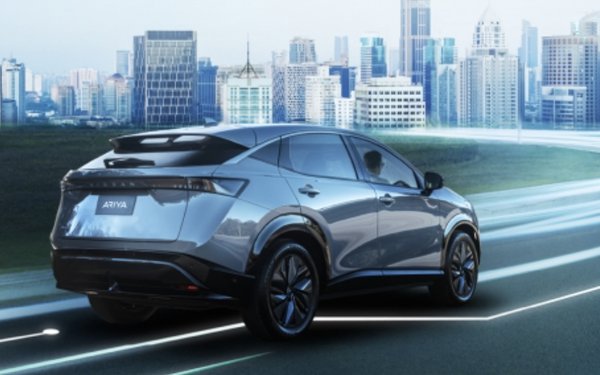
The majority (57%) of young city residents are
willing to change their travel habits to reduce carbon footprint, according to a study commissioned by Nissan.
Economist Impact conducted the survey that
targets the future mobility choices of young urban dwellers.
The findings, based on responses from 3,750 participants across 15 global cities, reveal younger
generations’ preference for electric vehicles, reinforcing Nissan’s ongoing efforts in electrification and commitment to sustainable solutions to meet evolving needs.
The majority of respondents are looking to reduce carbon footprint and value sustainability, but pragmatism prevails. Those in emerging cities see environmental concerns as an urgent
influence on their mobility choices.
advertisement
advertisement
Electric vehicles are emerging as the preferred mode of mobility. EV ownership among respondents is expected to climb from 23% today to
more than 35% in the next decade, according to the study.
Enthusiasm is strongest in emerging cities, with 44% envisioning driving EVs in the next five years, compared to 31%
in developed cities.
Growing environmental concerns such as pollution and congestion are spurring greater interest in EVs in cities such as Shanghai, Sao Paulo, and Mexico City.
Respondents in emerging cities displayed more enthusiasm for the application of EVs beyond mobility, such as using, sharing and transporting electricity during emergencies.
Factors
that shape EV adoption highly depend on battery performance, charging infrastructure and costs. Respondents in emerging cities are more concerned about EV batteries while those in developed cities
focus on EV costs, with prices still higher than traditional combustion-engine vehicles.
Younger urbanites reveal strong interest in innovations such as energy storage, alternative
fuels and vehicles, with roughly half (more than 40%) indicating that these technologies will influence their mobility choices.
The survey reaffirms the growing demand for
electrification and the need to create more awareness, but long-term success hinges on making EV adoption seamless, practical, and cost-effective, said Lavanya Wadgaonkar, Nissan’s corporate
vice president of global communications.
“We believe in making mobility electrified and sustainable,” Wadgaonkar says in a release. “It is a defining expectation
shaping the future of transportation. At Nissan, we leverage data-driven research and innovation to bridge gaps, ensuring that electrification is not just an option, but a core component of the
mobility landscape.”
Optimism remains high among survey respondents with more than one-third expecting to use a personally owned electric vehicle within a decade, up 23% from
today. For the 10-year outlook, EV ownership preference surged by more than 50%.